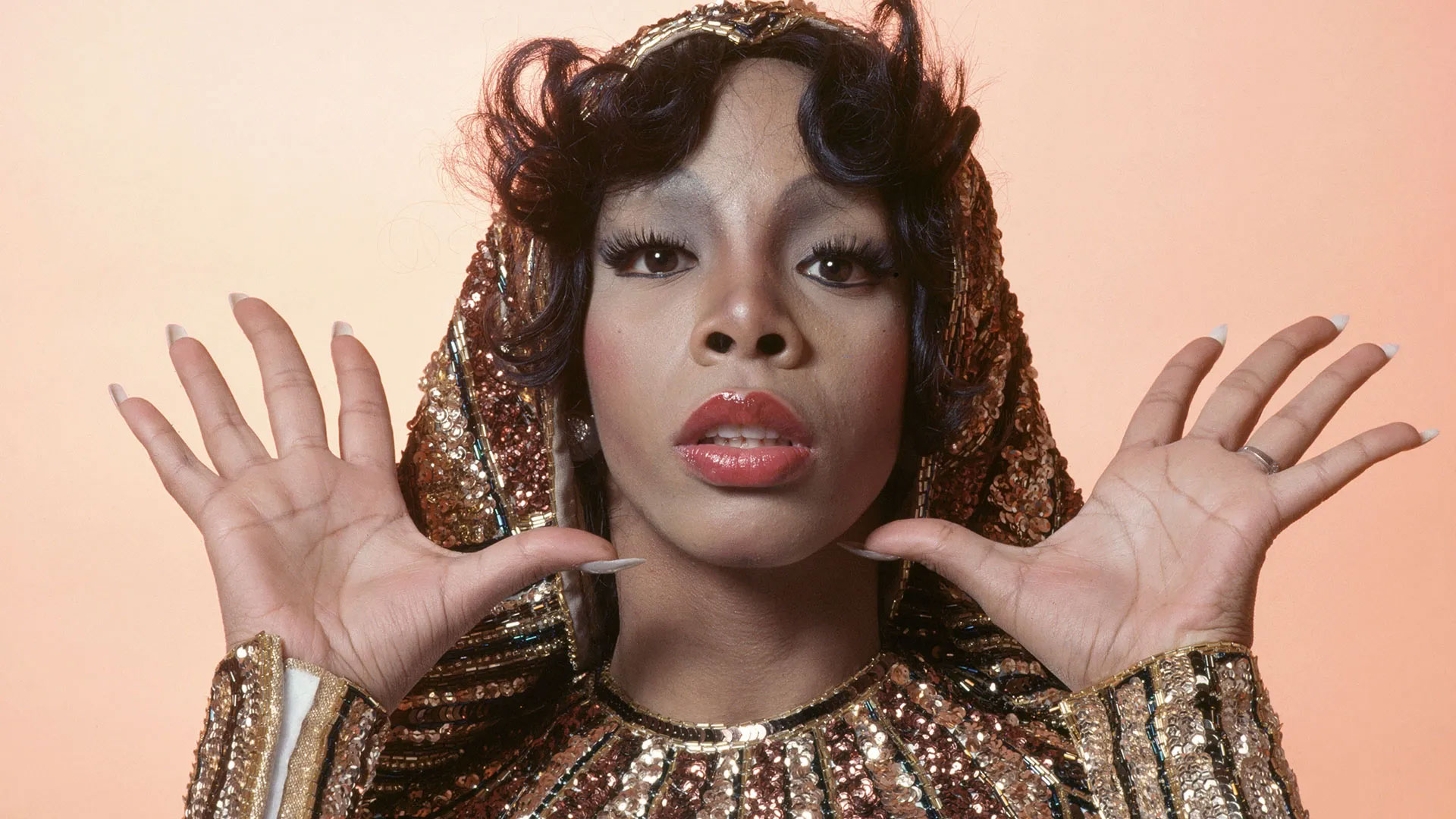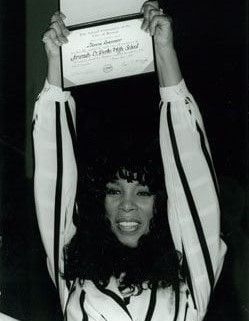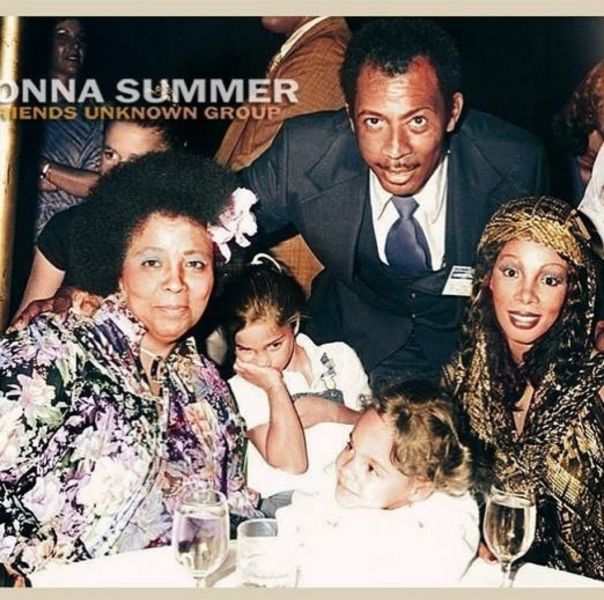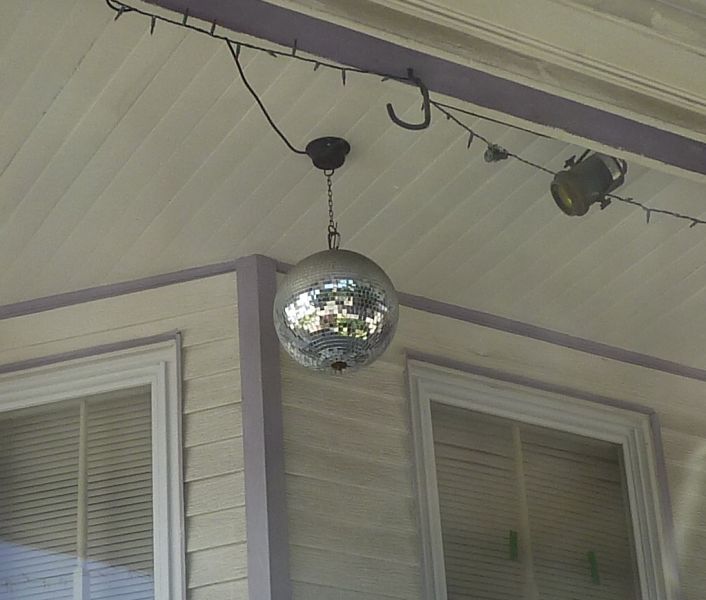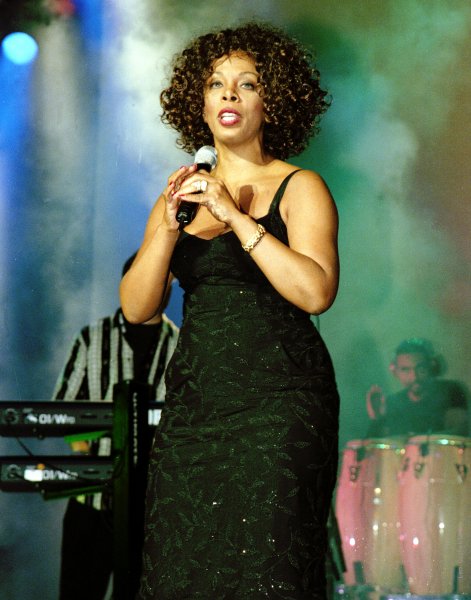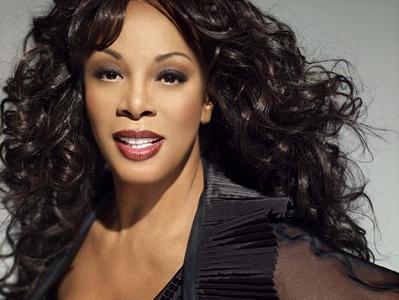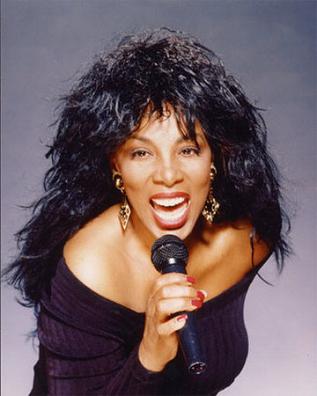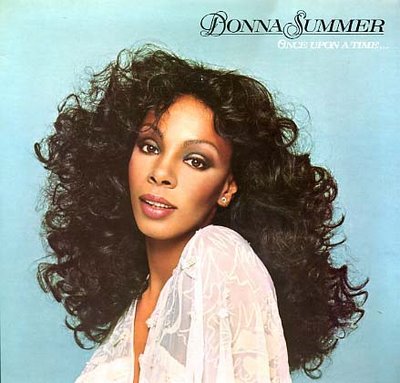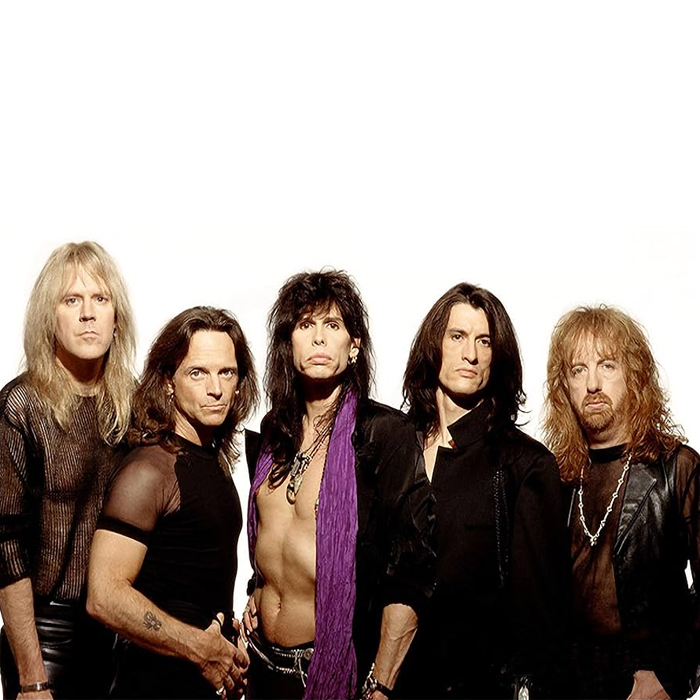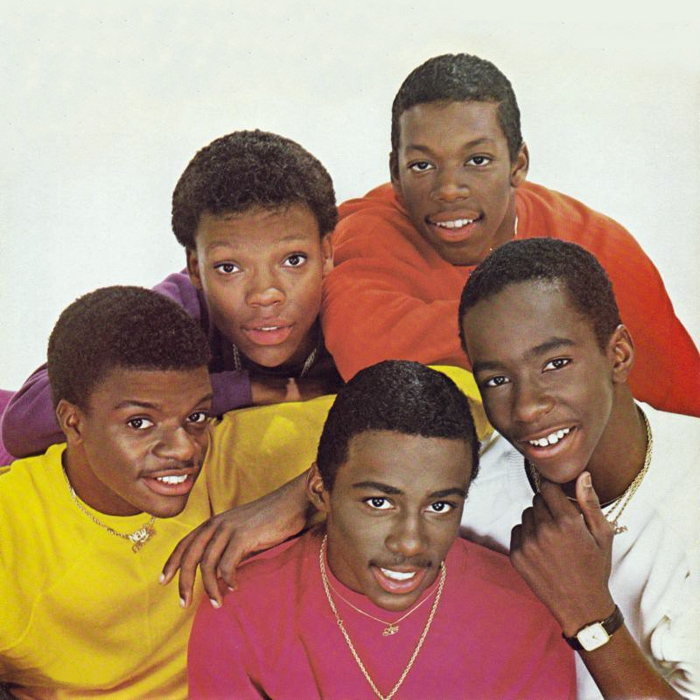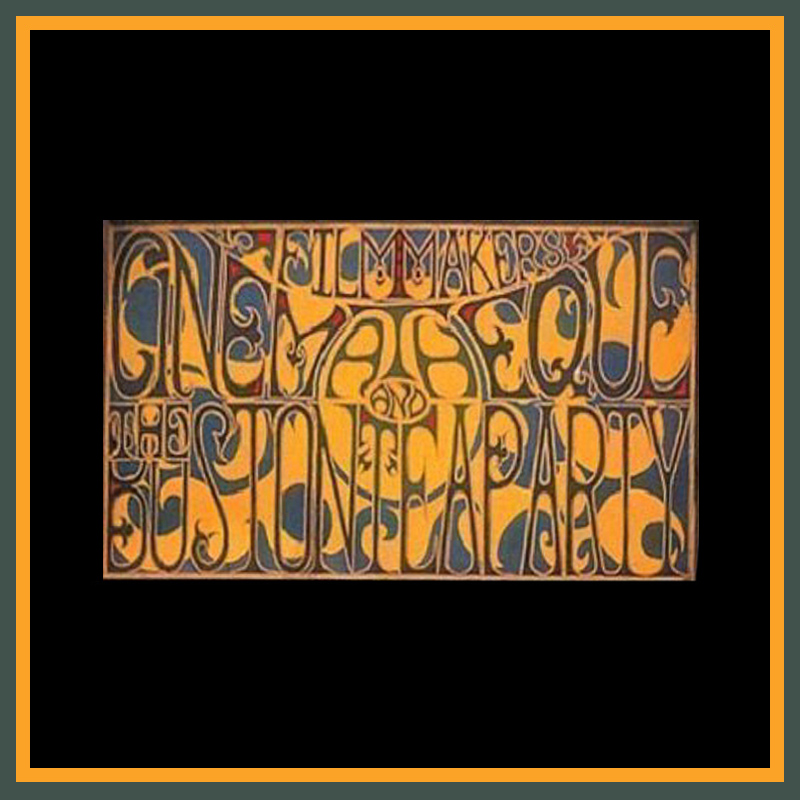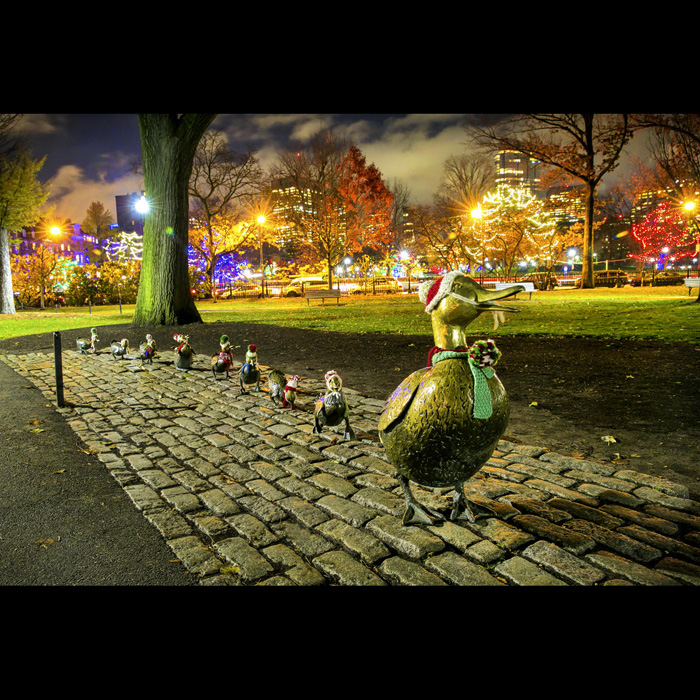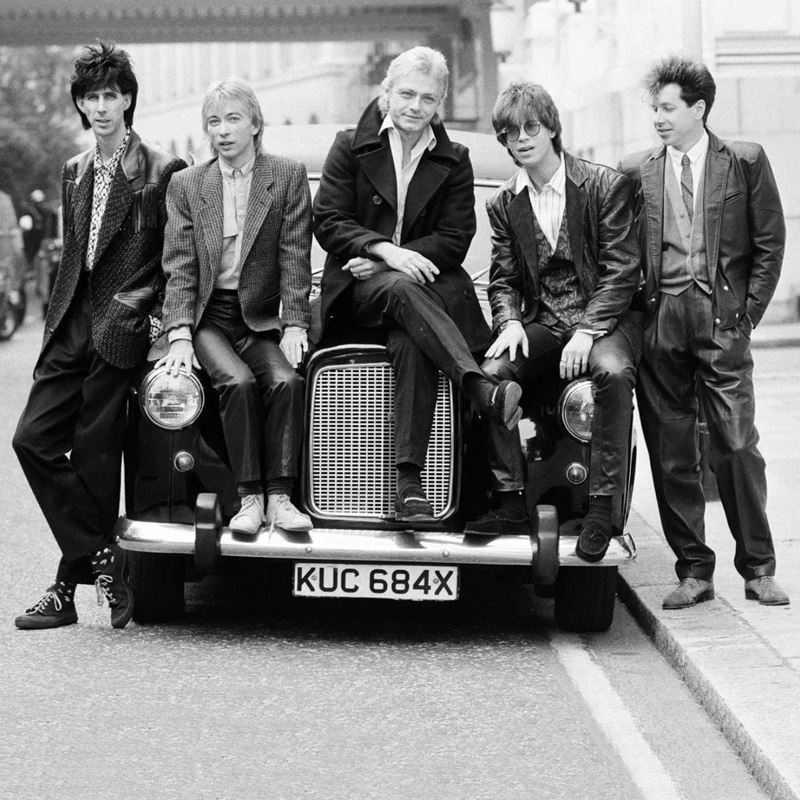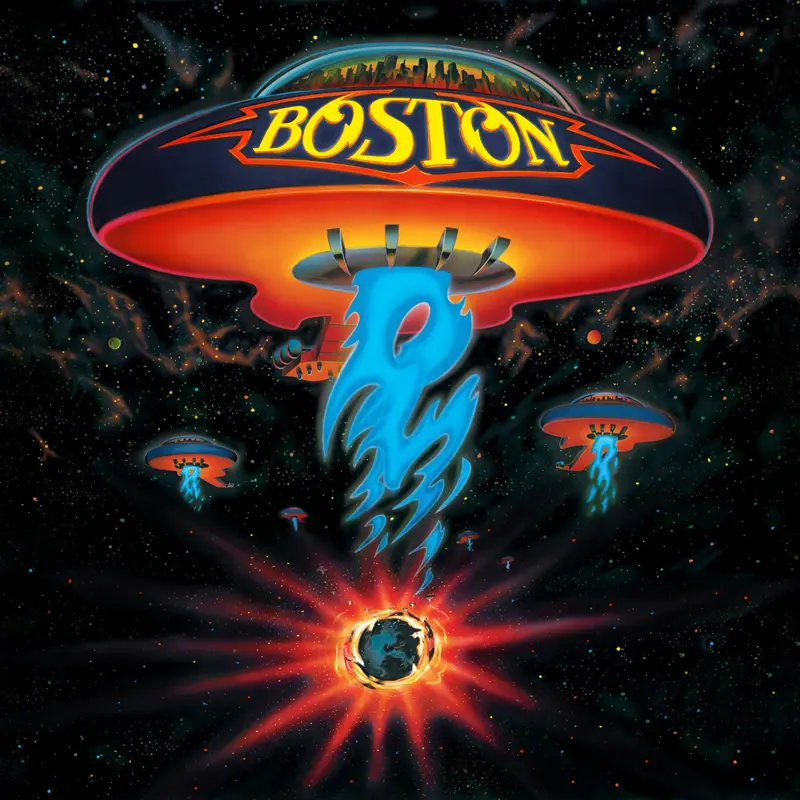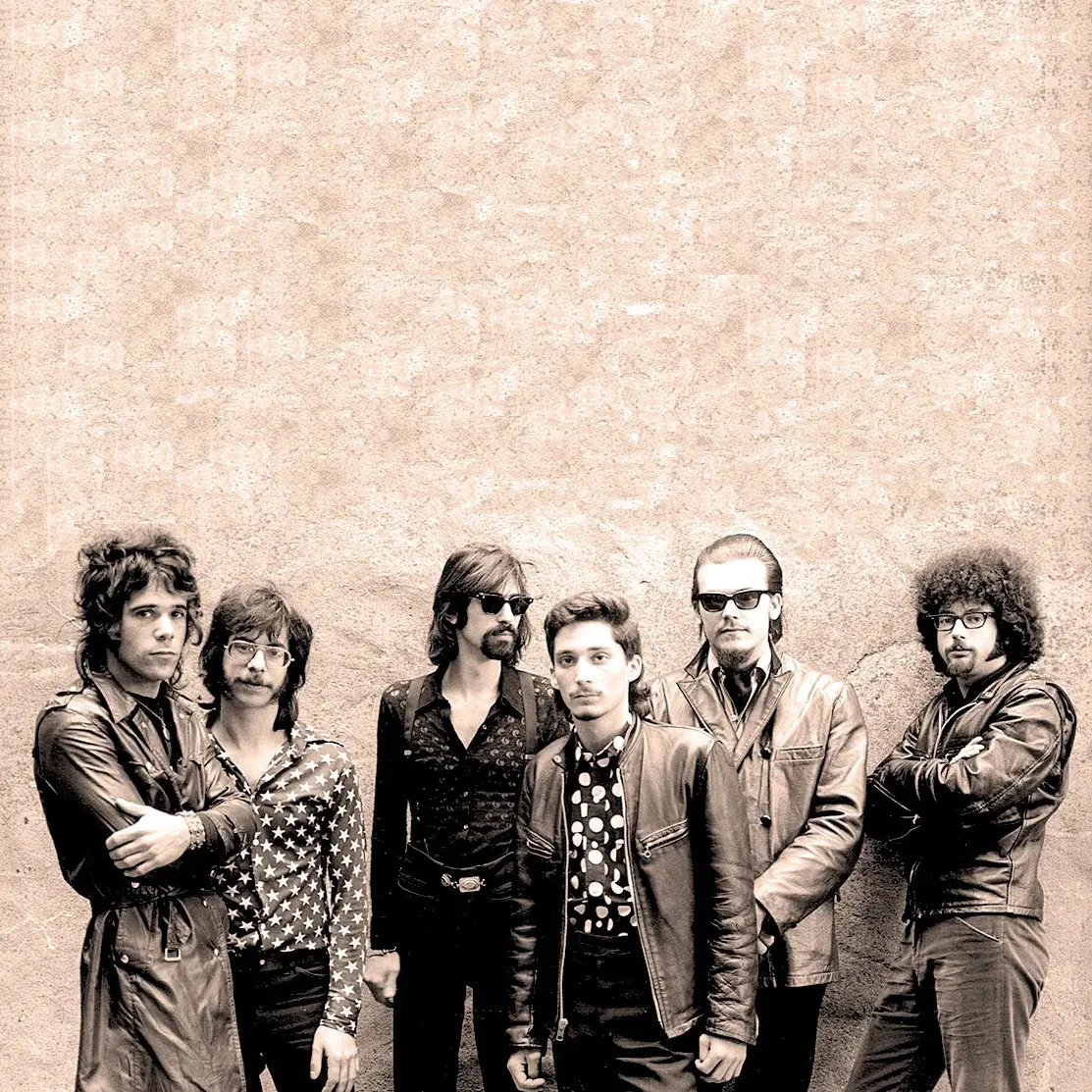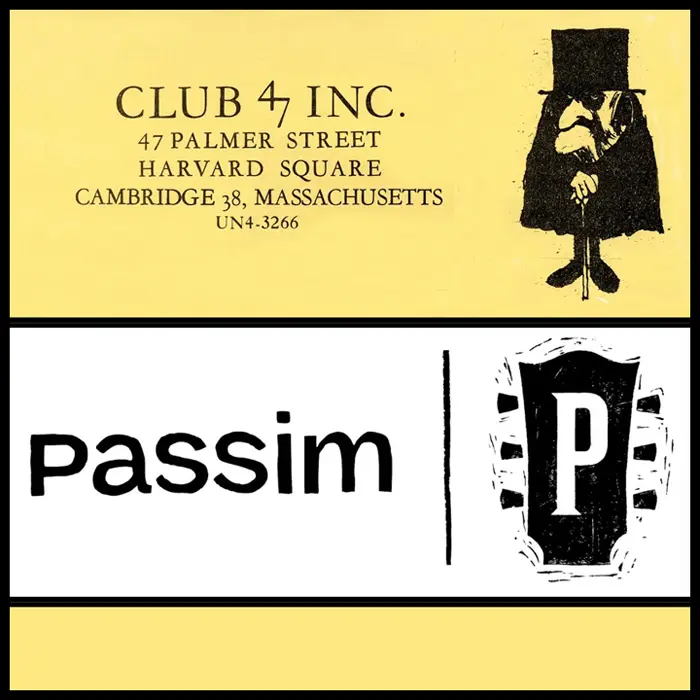Donna Summer
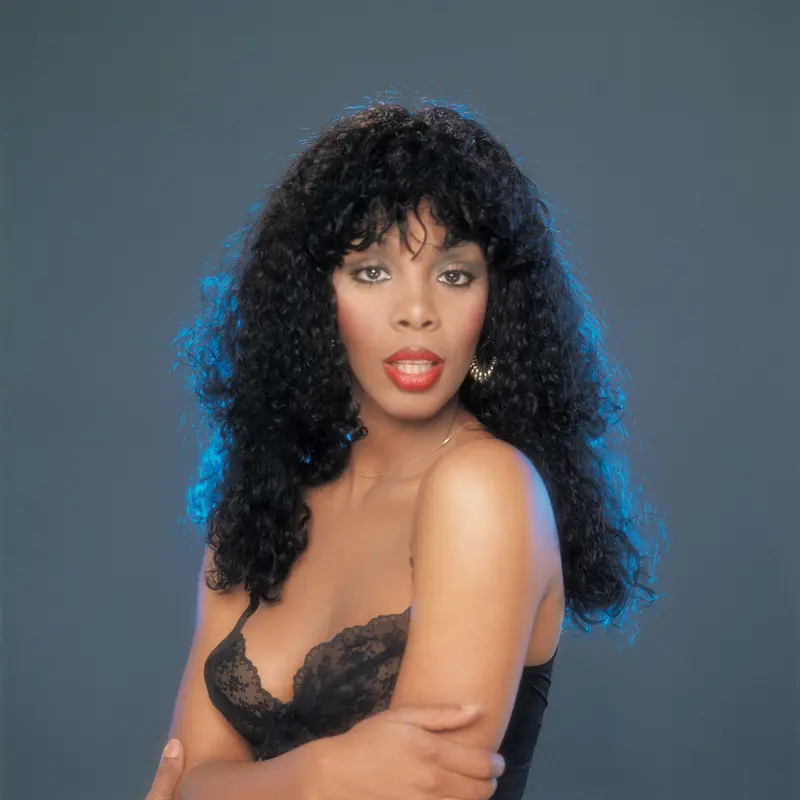
There may be reasonable debate about the greatest band to come out of Boston or even New England. Certainly, and deservingly so, groups such as Aerosmith, Boston, The Cars, New Edition, The J. Geils Band and others leap to mind.
But when it comes to the most successful, influential solo performer in the region’s rich musical history, few would debate that it’s Donna Summer, whose musical career spanned some five decades including a five-year period when she dominated popular music like precious few others ever have. She ushered in the disco era almost singlehandedly and it wasn’t only her music that had crossover appeal; her audiences did, too.
Early years
The disco icon’s extraordinary fame, for all the heights it reached, started in the neighborhoods of Boston. Born LaDonna Adrian Gaines on December 31, 1948, her mother, Mary, a Boston native whose parents emigrated to Boston from Nova Scotia, worked as a teacher and her father, Andrew, originally from Alabama, worked tirelessly in multiple jobs, including one as a butcher.
Summer praised her dad as a “father’s father,” writing that he was good at fishing and caught enough to feed the family whenever her parents were having financial difficulties. The Gaines family lived in Dorchester briefly before moving to 16 Parker Hill in Boston’s Mission Hill neighborhood, where Summer spend her formative years.
Debut performance, Boston Common influence
The rules of the Gaines household included church and education and young LaDonna, a lifelong Mahalia Jackson fan, attended at Grant A.M.E. Church of South End with her family every Sunday. At age 10, she stood in for a singer who didn’t show up for a performance and wowed parishioners with her voice and confidence. Thus, a star was born (for the first time).
Teenage LaDonna attended Boston’s Jeremiah E. Burke High School, where she was the star of many high school musicals. After school, she took the Green Line street cars on Mission Hill to her favorite place in Boston, the Boston Common, which played a very influential role in her early musical life. Like many, it was on the Common where she was exposed to different types of live music and she would occasionally visit the graveyard next to the Common on Boylston Street to look at all the headstones.
First band, Action for Boston Community Development
She joined her first band, blues/rock six-piece Crow, as a vocalist when she was 17 and was the sole female and Black member of the band. While with Crow, she also had a job with Action for Boston Community Development (ABCD) as many of Boston’s youngsters did, including this writer. LaDonna supported the organization throughout her entire life, even performing at one of ABCD’s fundraisers. While living in Boston, young Summer enjoyed live music at clubs such as the Boston Tea Party in South End and Club 47 in Cambridge.
New York City, Germany, Musicals, Vienna Folk Opera
In 1967, at age 18, LaDonna left Boston for New York with Crow, looking for that “big break.” She had no idea how big a break she would eventually get after LaDonna Gaines became “Donna Summer” and go on to rule popular music like few female solo performers had done up to that time.
Soon after arriving in New York, she used her strong, soulful, haunting voice to audition for a role in the popular musical Hair. After passing the audition, she joined the European production of the musical and headed off to Germany to perform with the rest of the troupe. While in Europe, she honed her craft in productions aside from Hair, including as part of the Vienna Folk Opera and as a cast member in productions of Godspell and Show Boat.
Becoming “Donna Summer,” Giorgio Moroder
In 1972, while living in Europe, she married a fellow performer, Helmut Sommer, and the couple had a daughter, Mimi. After their divorce a year later, Summer changed her first name “LaDonna” to “Donna” and her marriage name “Sommer” to “Summer” – “Donna Summer” was born!
During her time in Europe, she met producer Giorgio Moroder, the man with whom she would form one of the most successful songwriting teams in music history. Moroder, who was enthralled with Summer’s voice immediately, was working with synthesizers and other new technology at the time but needed his muse; based on her unique collage of musical tastes from her Boston days, Summer needed a mixture of music – or even a brand new sound – to feed her interest. Thus, they were a match made in musical heaven.
“Love to Love You Baby”
In mid-1975, Summer recorded “Love to Love You Baby,” a sexy, moody song with her provocative voice laid over a speedy disco beat that was nearly 17 minutes long. She signed with Neil Bogart’s disco-friendly Casablanca Records, which released a four-minute, 57-second version of the song in November. In February 1976, it hit #2 in the Billboard Hot 100.
This track is widely recognized as a landmark in music history as it was one of the songs that ushered in the disco era, Summer being quickly anointed the new genre’s queen. After “Love to Love You Baby” became a sensation in the US, she was celebrated and promoted as a sex goddess across the globe.
String of #1 hits
Following that breakout success, from 1976 to 1981 Summer – without the benefit of videos, MTV or the Internet – seemed to be everywhere. Live and More, featuring “MacArthur Park,” which was her first #1 single, was her first album to reach #1 on the Billboard album charts. In 1979, she had two more #1 singles, “Bad Girls” and “Hot Stuff,” from her Bad Girl album.
She was the first female singer to garner three #1 hits in the same calendar year. Over a five year period, she recorded four #1 singles – “Macarthur Park,” “Hot Stuff,” “Bad Girls” and “No More Tears” (w/Barbara Streisand) – and six other top-ten singles: “Could It Be Magic,” “Try Me, I Know We Can Make It,” “Spring Affair,” “Winter Melody,” “I Feel Love, “I Last Dance” and “I Remember Yesterday.”
She also had ten #1 dance hits, and most would agree that “I Feel Love” is one of the most influential songs in pop-music history; it’s certainly the song that anchored electronic-dance music.
Grammys, American Music Awards, Thank God It’s Friday
How popular was Donna Summer? Read this carefully. On the Radio: Greatest Hits Volumes I & II was her greatest hits album, released on October 15, 1979. It was her fourth consecutive double album release and also made her the first person ever to take three consecutive double albums to the #1 spot on the US album charts.
Summer won five Grammys, including one for Best Female Rock Performance (“Hot Stuff”) – that’s right, rock! – and six American Music Awards. Almost all of her hits were co-written by her and Moroder, who produced most of them.
During the late 1970s, when Summer’s record sales exploded, she recorded and toured nearly non-stop. Even when she starred in a movie that bombed – Thank God It’s Friday in 1978 — she cut one of her classic hit records, “Last Dance,” which was featured in the film and is still played in clubs and on the radio across the world today.
“Sex Goddess” image, Born-Again Christianity
Unknown to most, despite her chart-topping success, the singer battled internally with her “sex goddess” image. She became so despondent with her reputation that at one point she attempted suicide. After getting help, she reconnected with her childhood faith and in 1979 became a born-again Christian.
“Love in Control,” “She Works Hard for the Money”
In 1980, Summer married Bruce Sudano, whose voice is heard on the duet “Heaven Knows.” They have two daughters. Donna announced that she’d become a born-again Christian around the same time as their wedding and worked with Quincy Jones on a self-titled album that scored two huge hits, “Love in Control (Finger On The Trigger),” and “She Works Hard for the he Money,” an anthem still played today.
Later appearances, Autobiography
Over the next three decades, Summer continued recording albums that showcased her incredible voice and toured consistently. She appeared in the popular ‘90s TV series Family Matters, cast as Aunt Oona.
In 2003, Random House imprint Villard released her autobiography, Ordinary Girl: The Journey, in which she opened up about her battles with depression and drug addiction and her spiritual journey. In 2009, she performed in Oslo, Norway, when President Barack Obama was awarded the Nobel Peace Prize, singing a six-song set that included “MacArthur Park” and “Last Dance.”
Death
After selling over 100 million records worldwide and being listed as Billboard magazine’s 14th greatest female soloist of all time, all that was left was for Donna Summer to be inducted into the Rock & Roll Hall of Fame but she didn’t live to see that day. In one the music industry’s most shocking deaths, Summer died on May 17, 2012, at her home in Naples, Florida, after a battle with lung cancer. She was 63.
Tributes
Tributes poured in from around the world, including ones from President Obama, Beyoncé, Aretha Franklin and Janet Jackson, and Elton John lambasted the Rock & Roll Hall of Fame for not having inducted Summer before her death. Some thought the reason the Hall of Fame hadn’t welcomed her yet was due to her connection to disco; what upset many folks the most was the fact that ABBA, Madonna and other dance artists had been inducted already.
Boston continues to honor our Summer with Boston City Hall’s Office of Tourism, Sports, and Entertainment’s annual “Donna Summer Disco Party” on City Hall Plaza. In 2022, Broadway In Boston announced a North American tour of their production “Summer: The Donna Summer Musical” and the Jeremiah E. Burke High School has a beautiful mural of their most famous alumnus in its hallway. Students of the Dream Builders Youth Project unveiled the mural in June 2014 and there has been talk of a Hollywood film about Summer’s life for several years.
Rock & Roll Hall of Fame induction
In April 2013, 11 months after her death, Summer was posthumously inducted into the Rock & Roll Hall of Fame and her husband and daughters accepted the award in her honor. Destiny Child’s Kelly Rowland gave a tribute and Jennifer Hudson performed “Last Dance.”
Legacy
A number of music historians have said that there would not be the crossover of genres in music today were it not for Summer, noting how boldly she broke down the male-dominated world by combining sexual expression and music. Through all the years, her fans have remained deeply loyal and forever grateful for her contributions to music and to their lives.
Donna Summer has been included in the Music Museum of New England for several years, but I am honored to write this profile and I hope it reveals more of the story of not only the queen of disco but the queen of New England music. Interestingly, her birth name “LaDonna” means “woman who sings.” Her parents got that right!
And if you are ever in the Mission Hill area, stop by 16 Parker Hill Avenue and pay respect to our Donna Summer. You cannot miss the house – it’s the one with the disco ball hanging on the front porch.
(by Edwin Sumpter)

